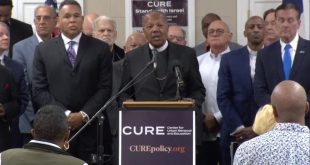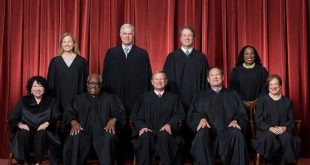A federal court protected the religious freedom of faith-based foster care agencies in South Carolina in the cases Rogers v. Health and Human Services and Maddonna v. Health and Human Services.
Governor Henry McMaster of South Carolina issued an executive order to protect the religious freedom of these agencies and even obtained a religious-freedom waiver from the U.S. Health and Human Services for the agency at the center of the Rogers case.
The ACLU and Americans United for Separation of Church and State sued the governor, but he reminded them that the U.S. Supreme Court has spoken on the issue of religious freedom and faith-based foster care agencies.
The Supreme Court unanimously ruled in favor of Catholic Social Services (CSS) in Fulton v. Philadelphia (2021). The city ended a 50-year contract after the agency declined to certify homosexual couples as foster parents. The high court held that the city’s non-discrimination requirement imposed a burden on the agency’s free exercise of religion.
“Government fails to act neutrally when it proceeds in a manner intolerant of religious beliefs or restricts practices because of their religious nature,” Chief Justice John Roberts wrote. “CSS seeks only an accommodation that will allow it to continue serving the children of Philadelphia in a manner consistent with its religious beliefs; it does not seek to impose those beliefs on anyone else.”
In the present cases, the court relied on Fulton and the Supreme Court case Kennedy v. Bremerton (2022), in which the court ruled in favor of a high school football coach fired for praying on the field.
The federal court upheld South Carolina’s decision to continue working with private faith-based adoption agencies. From Becket Law:
The ACLU and Americans United will now have to decide whether to appeal the decisions to the Fourth Circuit.
Becket represented Governor McMaster in the two cases…
Gov. McMaster said the two rulings “will directly benefit countless children by further ensuring that faith-based organizations will not be forced to abandon their beliefs to help provide critical services to our state’s youth.”
 CURE News and Clergy Blog News and Commentary for Christians
CURE News and Clergy Blog News and Commentary for Christians



